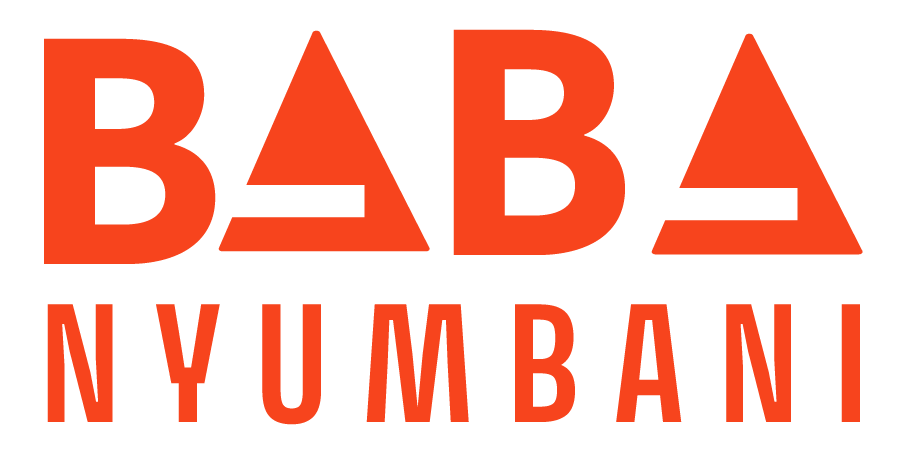Building Resilience
Agriculture dominates Kenya’s economy. From subsistence to commercial farming. Even the very less privileged in a remote village will have something growing in the backyard, no matter how small. Crops range from indigenous vegetables, sweet potatoes, maize, pumpkins, beans, and so on. We are blessed with weather that allows something to grow throughout the year.
In our micro communities in Kitale and Rarieda, we are not left behind when it comes to agriculture. The children learn everyday and love working in the farm with the caregivers. The love for farming in the micro community has seen some of our young men going to study the same in college. Melvin studied animal production and health while Samson studied general agriculture. A lot is going on in the micro communities in terms of farming. These includes planting vegetables, arrow roots, chicken rearing, rabbits, sheep, pigeons and even ducks. Through these, the children get to learn the value of teamwork, responsibility, delegation, and accountability
Each family in the MC is allocated a piece of land and given the responsibility to take care of it and have an opportunity to generate income from the same. Different families decide what they want to plant for the season. These ranges from kales, spinach, maize, beans, beetroot, butter nut, cow peas, etc.
A typical day of farm care starts early morning between 6 and 8 depending on what the family intends to do that day – when the sun is just coming up but not hot. The families have breakfast and then split duties for the day. Some will head to the farm, others will take care of the chicken, rabbit, sheep and ducks. Everybody comes together to make sure everything is done before the sun is hot. Those in the MC will ensure the animals have food and water and that their environment is clean, those in the farm will be weeding, watering and planting depending on what they have on the farm. In the farm, it’s not only work that’s going on – there is a nice breeze, birds chirping and trees swaying from side to side from the wind. There is laughter from parents cracking jokes with the children as they work together. Farming together is one way the family gets to bond with each other while doing what they love most.
Alice’s children love it when they work together with her on the family projects, like construction of a structure for the chicken and sheep.
Brian in particular is highly invested in the family farming project. He saved his pocket money and bought two rabbits and in the same spirit, Walter bought them two more rabbits and now they have four in total.
When schools open, children are allowed time to concentrate on the studies therefore leaving the parents to work on the farms and sometimes, have to get outside help.
There are challenges that come with farming, for example too much rain, pests, too hot, etc., but these challenges do not deter the families from dreaming big and working towards their ultimate goals – to build resilience through family projects. Equipping the children and youth with skills that will help them thrive in the wider community. Currently they are making sales of their farm produce and even selling some to the micro community families.








